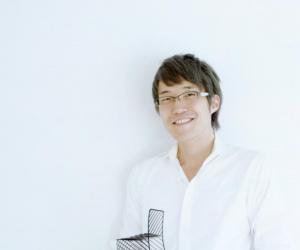Nendo’s collaboration with the Gen-emon kiln resulted in a delightful selection of ceramics that reveal different patterns, but can also be used together without breaking the visual unity.
Gen-emon is one of the most renowned Arita-yaki porcelain kilns in Japan, with a 260-year history dating back to 1753. Nendo undertook an unorthodox re-edit of one of the kiln’s most famous patterns, a small plum flower known as “ume komon” and foliage scroll work known as “karakusa-e” for a collection of ceramic kitchenware.
The Japanese design studio enlarged the flower until it was enormous, almost as if it was viewed through a magnifying glass. Cutting it up, pasting it, lining it up and turning it upside down, the studio was able to create a pattern that reflects various colour hues, as well as thick and thin outlines.
"This method allowed us to activate Gen-emon’s key visual signifiers – the blue and white under-glaze and strong contrast between dark and light blues while developing a rich assortment of variations," says Oki Sato.
The Ume-Play collection upholds Gen-emon’s long history and traditions, while simultaneously reflecting the kiln’s commitment to constant change and evolution.


















